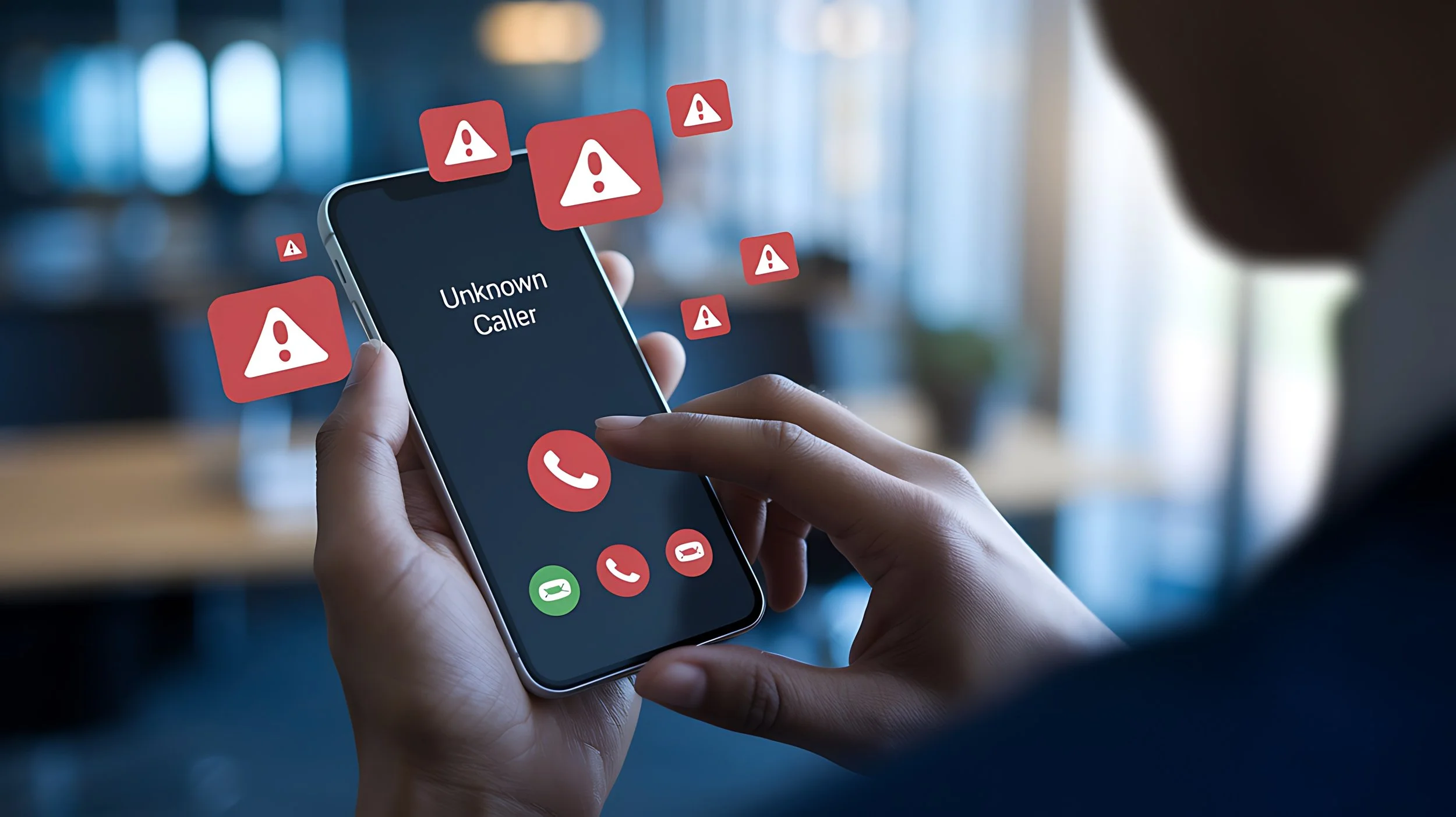Identity Theft | How do you protect yourself?
Identity theft is a serious crime which becomes more widespread every day. Victims of identity theft may spend years, not to mention thousands of dollars, trying to clean up the mess. To help protect you from identity theft, we have compiled the following information:
How identity thieves get your information
Stealing your wallet/purse with personal information.
Stealing your bank and credit card statements out of your mailbox.
Completing a change of address form in your name.
Rummaging through your trash for private information.
Using personal information you share on the Internet.
Contacting you and posing as someone you think you can trust.
How they use your personal information
Unfortunately, there are a myriad of ways for a criminal to use your information. With access to your personal and/or banking information, they can open a new account and write bad checks or use checks and debit cards to drain your account. They can also establish phone or wireless services in your name.
What can you do to protect yourself?
1. Patrol your credit. Obtain a copy of your free credit report through: annualcreditreport.com – a secure and centralized site created by the three major credit bureaus that allows you to obtain a copy of your credit report once every 12 months from each bureau, for free. You can look for any unauthorized accounts or activity. The three main credit bureaus don't back other sites offering "free" credit reports and should be treated with caution. Be sure to read all the fine print.
2. Bank digital. Enroll in Online Banking and our mobile app for 24/7 access to review transaction history and monitor your accounts for suspicious activity. Sign up for eStatements and use Bill Pay to prevent statements, payments, and personal financial information from being stolen from your mailbox. Set up alerts to receive immediate notifications of suspicious activity.
3. Keep us in the loop. If your City of Firsts Community Federal Credit Union debit or credit card is lost or stolen, contact them as soon as you are aware. Call: (800) 221-9647 (Debit Card) or (800) 449-7728 (Credit Card) and select the appropriate option from the menu.
4. Exercise caution. Please don't give out personal information over the phone or on a website, unless you know it is secure and you initiated the contact. Never share personal or financial information via email, as this is not a secure form of communication. Instead, use services like Secure Chat and Email, available securely within Online Banking and our mobile app. Deposit outgoing mail in post office collection boxes or at your local post office. Shred items like credit card applications, charge receipts, and past financial statements before placing them in the trash.
What to do if your identity has been stolen
If you know or suspect your identity has been stolen, place a fraud alert on your credit report and review your report for anything amiss. Close any accounts that have been tampered with or opened fraudulently. Then, file a report with your local police or the police in the community where the identity theft took place. Lastly, you should file a complaint with the FTC.

